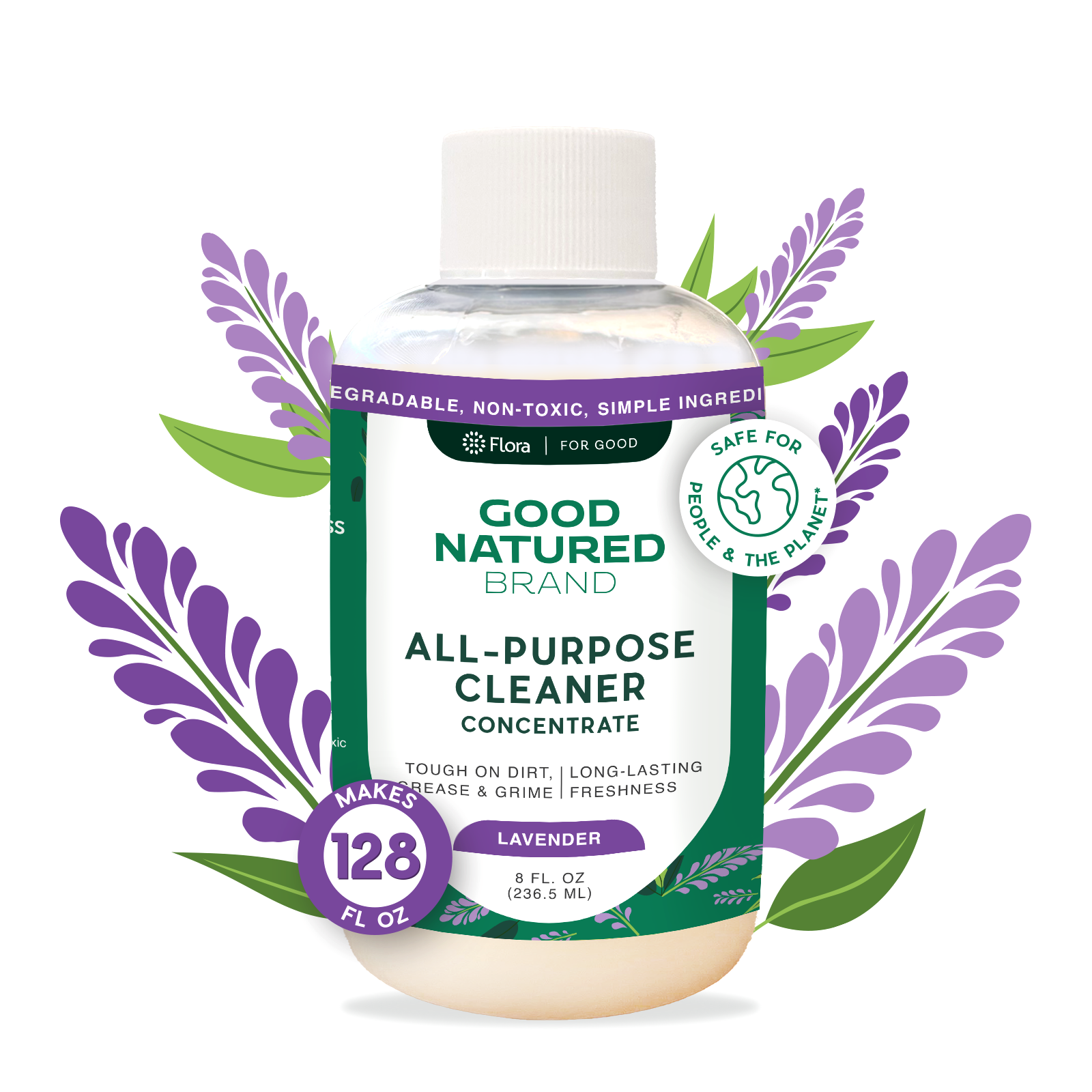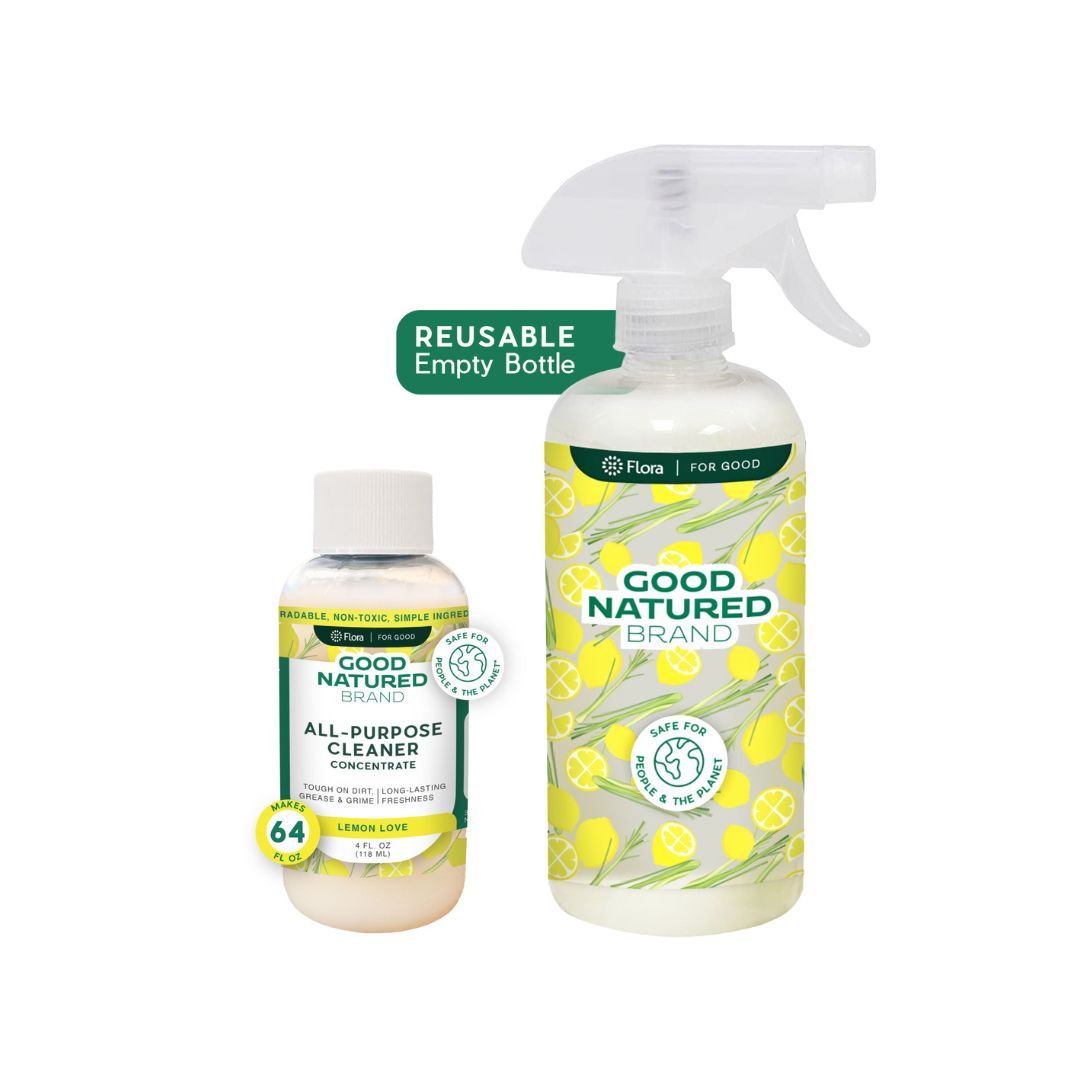What is Dish Soap?
Dish soap, also known as dishwashing liquid or detergent, is a specialized cleaning agent designed specifically for washing dishes, cookware, and utensils. Composed of surfactants, which reduce the surface tension of water, dish soap allows for better penetration and removal of grease, dirt, and food particles. Its primary purpose is to ensure that our kitchenware is not only clean but also safe for use, free from harmful bacteria and residues.
The origins of dish soap date back to the early 20th century, when the need for more effective cleaning solutions in households became apparent. Initially, people relied on soap bars and powders to clean their dishes. It was not until the introduction of synthetic surfactants during World War II that the liquid form of dish soap gained popularity. This new formulation proved to be more effective and convenient, leading to the widespread adoption of liquid dish soap in kitchens around the world.
Importance of Dish Soap in Household Cleaning
The significance of dish soap extends far beyond just cleaning dishes. It plays a vital role in maintaining hygiene and cleanliness in our homes. Every day, we come into contact with various surfaces and items that harbor bacteria and germs. Dish soap's powerful degreasing and antibacterial properties make it an essential tool for combating these unwanted guests.
Moreover, dish soap is a safer alternative to harsher chemical cleaners. Many traditional cleaning products contain toxic substances that can pose health risks to both humans and pets. By using dish soap, which is generally formulated with milder ingredients, you can ensure a cleaner environment without compromising your family's health or the well-being of your pets.
In addition to its cleaning capabilities, dish soap is often more affordable than specialized cleaning products. This cost-effectiveness allows households to maintain cleanliness without breaking the bank, making it an indispensable item in any home.
Types of Dish Soap
When it comes to dish soap, not all products are created equal. Understanding the different types can help you choose the best option for your needs.
Liquid Dish Soap
Liquid dish soap is the most common form, available in various scents and formulations. This versatile option is ideal for handwashing dishes and is often concentrated, allowing you to use less product for the same cleaning power. Liquid dish soaps come in a variety of eco-friendly options that utilize biodegradable ingredients, appealing to environmentally-conscious consumers.
Solid Dish Soap (Bars)
Solid dish soap, typically found in bar form, has gained popularity in recent years as a more environmentally-friendly alternative to liquid soaps. These bars often come with minimal packaging and can be used in conjunction with dish brushes or sponges. The solid form allows for easy application and less waste, making them an attractive option for those looking to reduce their environmental footprint.
Eco-Friendly and Biodegradable Options
With a growing awareness of environmental issues, many brands have begun to offer eco-friendly dish soaps. These products are formulated with biodegradable ingredients that break down naturally, reducing their impact on the environment. Choosing eco-friendly dish soap not only helps protect our planet but also supports companies committed to sustainability.
For those interested in exploring more eco-friendly cleaning products, Good Natured Brand offers a range of effective solutions that align with sustainable living principles. Be sure to check out our blog for more information on sustainable cleaning practices.
Cleaning Dishes and Cookware
When it comes to the primary purpose of dish soap, nothing beats its effectiveness in cleaning dishes and cookware. The powerful surfactants in dish soap work tirelessly to cut through tough grease and food residues, making the washing process easier and more efficient.
Hand Washing vs. Dishwasher
While many households rely on dishwashers for convenience, hand washing dishes with dish soap remains a preferred method for many. Not only does hand washing allow for more careful attention to detail, but it can also be more effective for certain types of cookware, such as non-stick pans, which can be sensitive to harsh dishwasher detergents.
To hand wash effectively:
-
Fill your sink or basin with hot water and add a few drops of dish soap.
-
Let your dishes soak for a few minutes to loosen any stuck-on food.
-
Use a sponge or dishcloth to scrub each item, paying special attention to edges and crevices.
-
Rinse thoroughly with hot water to ensure all soap residues are removed, leaving your dishes sparkling clean.
Dish Soap for Greasy Pans
For particularly greasy pans or pots, applying a few drops of dish soap directly onto the surface and allowing it to sit for a few minutes can work wonders. The soap will penetrate the grease, making it easier to scrub away stubborn residues with a sponge or scrubber.
Beyond the Kitchen: Household Cleaning Uses
Dish soap isn't just for washing dishes; it can be a powerful ally in various household cleaning tasks. Here are some practical applications for dish soap beyond the kitchen.
Cleaning Surfaces
Dish soap is highly effective for cleaning various surfaces throughout your home. It can be used to clean countertops, tables, and kitchen appliances, ensuring that your home remains hygienic.
-
Countertops and Tables: Mix a few drops of dish soap with warm water in a spray bottle. Spray the mixture on countertops, let it sit for a minute, then wipe clean with a cloth. This solution effectively removes dirt and bacteria.
-
Kitchen Appliances: Dish soap can also be used to clean the exterior of kitchen appliances, such as microwaves and refrigerators. Simply apply soapy water, wipe with a cloth, and rinse with a damp cloth for a streak-free shine.
If you're looking for more powerful cleaning solutions for deep cleaning various surfaces, consider exploring our All Purpose Cleaners for a comprehensive clean.
Laundry Applications
Did you know that dish soap can also be an effective stain remover for laundry? When used correctly, dish soap can tackle tough stains on clothing.
-
Stain Remover: For grease stains on clothing, apply a small amount of dish soap directly to the stain and work it in with your fingers. Let it sit for 5-10 minutes before washing the garment as usual. This method is particularly effective on oil-based stains.
-
Gentle Alternative: In a pinch, you can use dish soap as a gentle laundry detergent for delicate fabrics. Just add a few drops to your washing machine to help clean your clothes without the harsh chemicals found in some commercial detergents. For a more eco-friendly laundry option, check out our Laundry Powders that offer powerful cleaning while being gentle on the environment.
Dish Soap for Pet Care
Pet owners know that furry friends can bring joy but also messes! Dish soap can be a helpful tool in keeping your home clean and your pets happy.
Bathing Pets
You can use dish soap to give your pets a bath, especially if they have gotten into something messy outside. Its powerful grease-cutting properties make it effective at removing dirt and odors from their fur.
When bathing your pet:
-
Wet their fur thoroughly with warm water.
-
Apply a small amount of dish soap and lather it into their coat.
-
Rinse thoroughly to ensure no soap residue remains, as this can irritate their skin.
Cleaning Pet Stains
Accidents happen, and dish soap can be a lifesaver for cleaning up pet stains. When dealing with pet messes, mix a solution of dish soap and water and apply it to the stained area. Blot with a clean cloth until the stain lifts. This method is effective on both carpets and upholstery. For more specialized pet odor solutions, be sure to check out our Carpet Fresheners.
Outdoor Uses of Dish Soap
Dish soap is not just confined to indoor cleaning; it can be an invaluable tool for outdoor tasks as well.
Gardening and Pest Control
In gardening, dish soap can be a powerful ally against pests. A simple mixture of water and dish soap can be used as a natural insecticide to protect your plants.
-
DIY Insecticide: Mix 1 tablespoon of dish soap with 1 quart of water in a spray bottle. Spray the mixture directly onto plants infested with pests like aphids or spider mites. The soap will suffocate the insects, helping to restore your plants' health.
Car Washing
Cleaning your vehicle with dish soap can be effective, but caution is advised. Dish soap is excellent for cutting through grease and road grime, but it can strip the wax from your car's finish.
-
Car Washing Tips: If you choose to use dish soap for washing your car, ensure that you rinse thoroughly and follow up with a wax treatment to restore shine and protect the paint.
Crafting with Dish Soap
Dish soap isn’t just for cleaning; it can also be a fun ingredient in various DIY projects, especially for kids.
-
DIY Bubble Solution: Combine water, dish soap, and a little sugar to create a fun bubble solution. This is a great activity for outdoor play.
-
Making Slime: Dish soap can be used in homemade slime recipes, adding to the fun of crafting with kids and encouraging their creativity.
Conclusion
Dish soap is a versatile and effective cleaning agent that extends far beyond its traditional use for washing dishes. From household cleaning to pet care and outdoor tasks, the many applications of dish soap make it an essential item in any home.
By choosing eco-friendly options, you can also contribute to a healthier environment. Explore Good Natured Brand’s range of sustainable cleaning products, including Room and Linen Sprays and more, to enhance your cleaning routine sustainably.
With its myriad uses, dish soap proves to be a multitasking hero in our daily lives, helping us maintain cleanliness and hygiene in a simple, effective, and affordable way. Embrace the power of dish soap and discover new ways to incorporate it into your cleaning routine today!



























